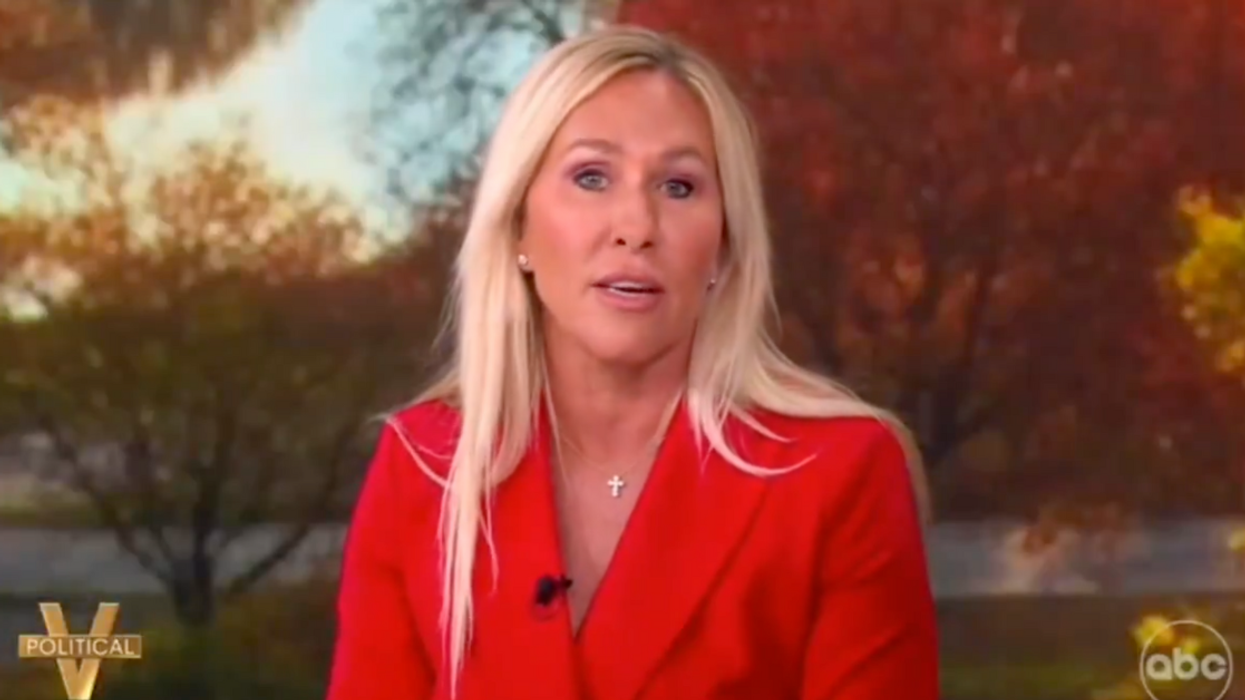A recent segment on 60 Minutes has faced backlash from the LGBTQ+ community for its focus on people who regretted their choice to transition. There was also the irresponsible implication YouTube channels hosted by trans people were influencing youth into "being trans."
Laverne Cox joined the voices speaking out against the segment, in particular criticizing its focus on physical transitioning which she finds "dehumanizing."
She posted a video to her Instagram with her thoughts on the subject.
The segment on 60 Minutes began by talking about the Arkansas ban on transgender minors receiving gender affirming healthcare, and even pointing out medical associations have spoken out against such laws.
The segment then switched focus to detransistioners, people who for one reason or another begin the process of transition, but then change their mind.
In addition, the host, Lesley Stahl, interviewed two healthcare professionals who said they support a trans person's right to healthcare, but are worried about how quick some of these procedures can happen.
Psychologist Laura Edwards-Leeper said in the segment:
"It greatly concerns me where the field has been going. I feel like what is happening is unethical and irresponsible in some places."
The segment was heavily criticized by many in the LGBTQ+ community, but Laverne Cox was especially critical of the focus on surgery and the physical transition in regard to the trans experience.
She said:
"All of this conversation is fundamentally dehumanising and we're ultimately medicalising trans existence and pathologising trans existence when we talk about us merely in the context of healthcare."
"Our humanity should not be up for public debate, and what I felt watching that 60 Minutes segment last night is again we have trans identity up for debate."
Her view was individual healthcare should be between the patient and their doctor, but the existence of trans people in greater society should be embraced and celebrated.



Other organizations like GLAAD also slammed the piece for its focus.
Detransistioning is a topic often used by anti-trans activists to push against gender affirming healthcare. This is despite the fact that only around 1% of people who transition make the choice to detransition, and much of the reasoning has to do with their experience with transphobia.
The 60 Minutes segment interviewed four people who detransitioned because they weren't trans in the first place. They said they were forced by medical professionals into a gender dysphoria diagnosis and treatment with transitioning.
This is despite the fact it's far more common for trans people who want to transition to have to wait years and argue with transphobic medical professionals to get basic care.
The whole television segment was criticized online.
Will that this there motto, they can't be born this way, it's someone fault. And of course it's never themselves or their lack of parenting because they don't know their own kids. Blaming YouTube is ludicrous.— nightowlhawk (@nightowlhawk) 1621915965
Not much has changed since then, Laverne Cox said, explaining that conversations about trans identities in the media continue to fixate on physical transition.\n\u201cI find that fundamentally dehumanizing,https://twitter.com/PinkNews/status/1397219096316588041\u00a0\u2026— Joyclin Ruth Coates (@Joyclin Ruth Coates) 1621959248
@60Minutes did a huge disservice to the #transgender community this week. This was not unbiased journalism and @CBSNews should be held accountable.https://twitter.com/glaad/status/1397232019151654918\u00a0\u2026— Jeremy Blacklow (@Jeremy Blacklow) 1621961136
No ones mad at them, its just when they only focus on the small percent that detransition and makes it seem like people are rushing you into getting surgeries. I have been out for about a year and still cant get surgery. I would have known if I wasnt trans by now.— EGGO (@EGGO) 1621987838
GLAAD and other commenters noted the segment seemed to imply trans YouTubers played a role in people transitioning, particularly implying they were brainwashing children to turn them trans.
Instead, these channels often just have hosts who are open about their experiences and, at most, their fandom becomes a support community for people who likely would not receive support elsewhere.
The idea it's a YouTuber's fault someone is trans is as ridiculous as blaming gay people for making someone else gay.
Sigh. @YouTube isn't turning kids trans. If more young people are coming out as trans or queer today than 20 years ago, it's because we've made the world safer for them to come out. Period.https://www.lgbtqnation.com/2021/05/60-minutes-blasted-implying-youtube-reddit-turning-kids-transgender/#.YKwJXgkZ8BA.twitter\u00a0\u2026— Mary Emily O'Hara (@Mary Emily O'Hara) 1621887479
The cis woman who had previously IDed as transmasc described a psychiatrist who barely listened and only saw her a few times but still signed off on everything.\n\nThe cis man who had previously IDed as transfemme went to a Dr. who explicitly went against the consensus guidelines.— David Bixenspan (@David Bixenspan) 1621917230
"Trans-kids are turning to YouTube for guidance on trans-issues." There I fixed your shitty article.https://www.lgbtqnation.com/2021/05/60-minutes-blasted-implying-youtube-reddit-turning-kids-transgender/#.YKwJXgkZ8BA.twitter\u00a0\u2026— Reylee Rice-A-Roni (@Reylee Rice-A-Roni) 1621957525
An extended piece from the 60 Minutes segment was also posted online, where more interviews were shared with healthcare professionals who support transitioning. However, this was not well reflected in the segment aired on TV.
Alphonso David, a civil rights lawyer and advocate for the LGBTQ+ community, said:
"Bringing a story to light about detransitioning without talking about the vast majority of people who positively transition, would cause concern because it sends a message. We need to also elevate the positive stories of people who successfully transition."

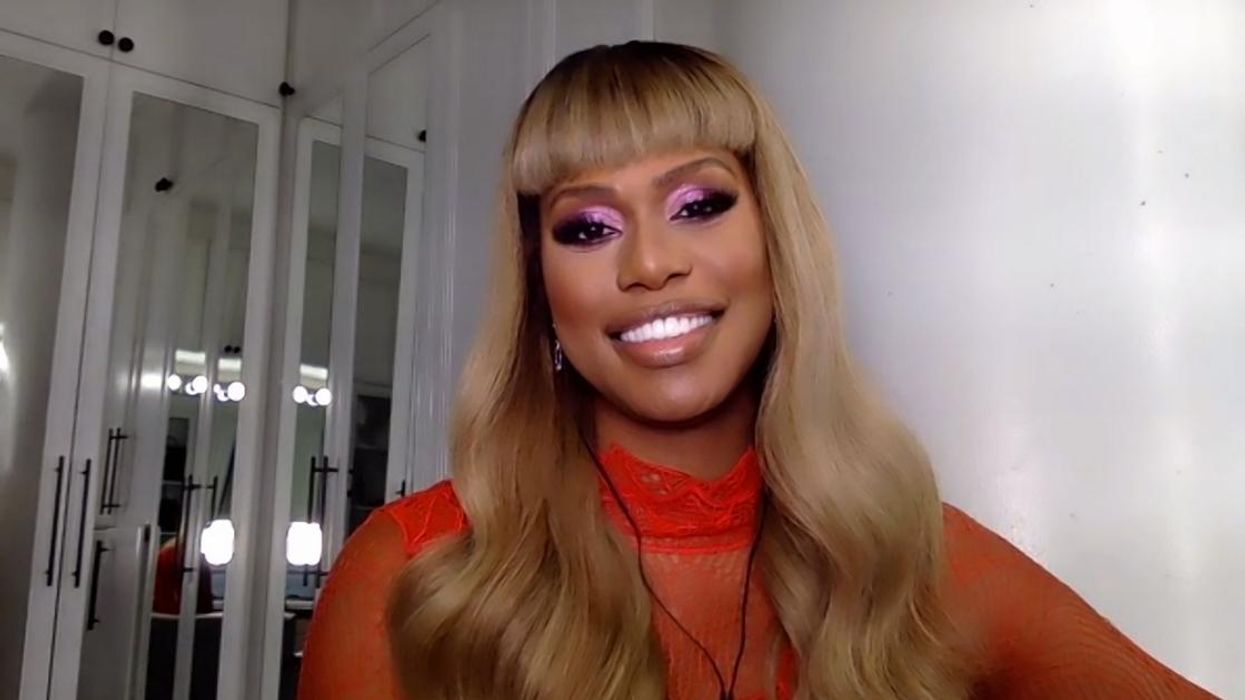

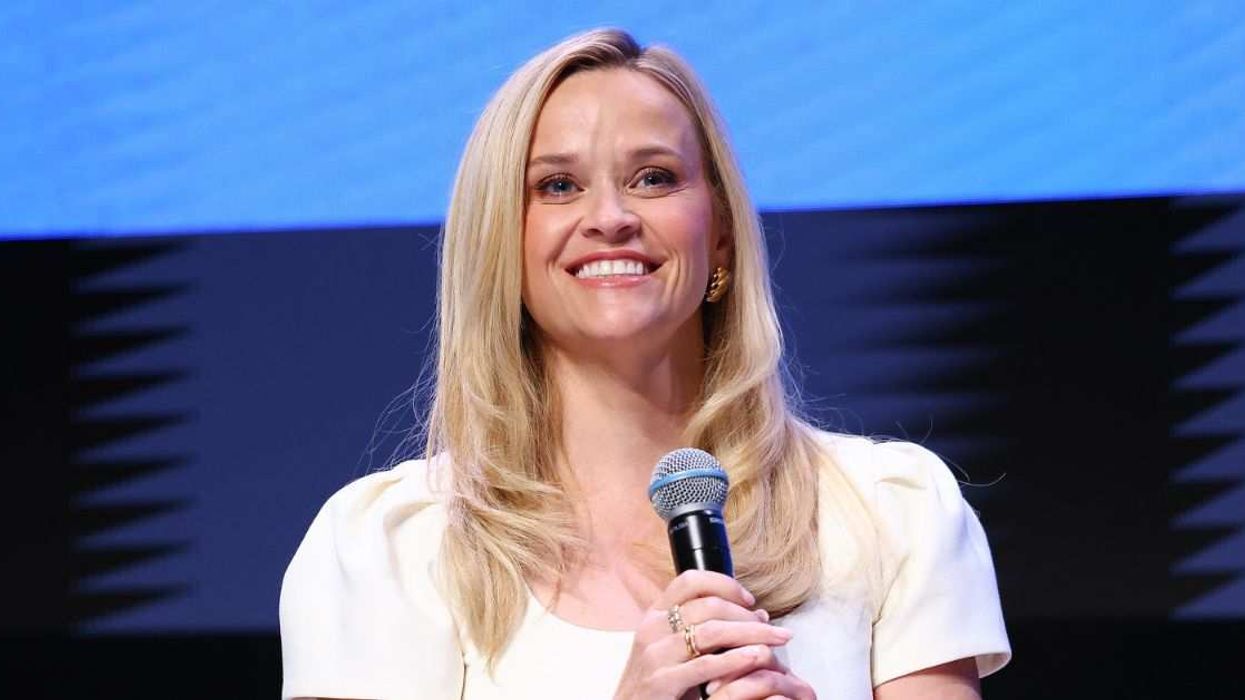
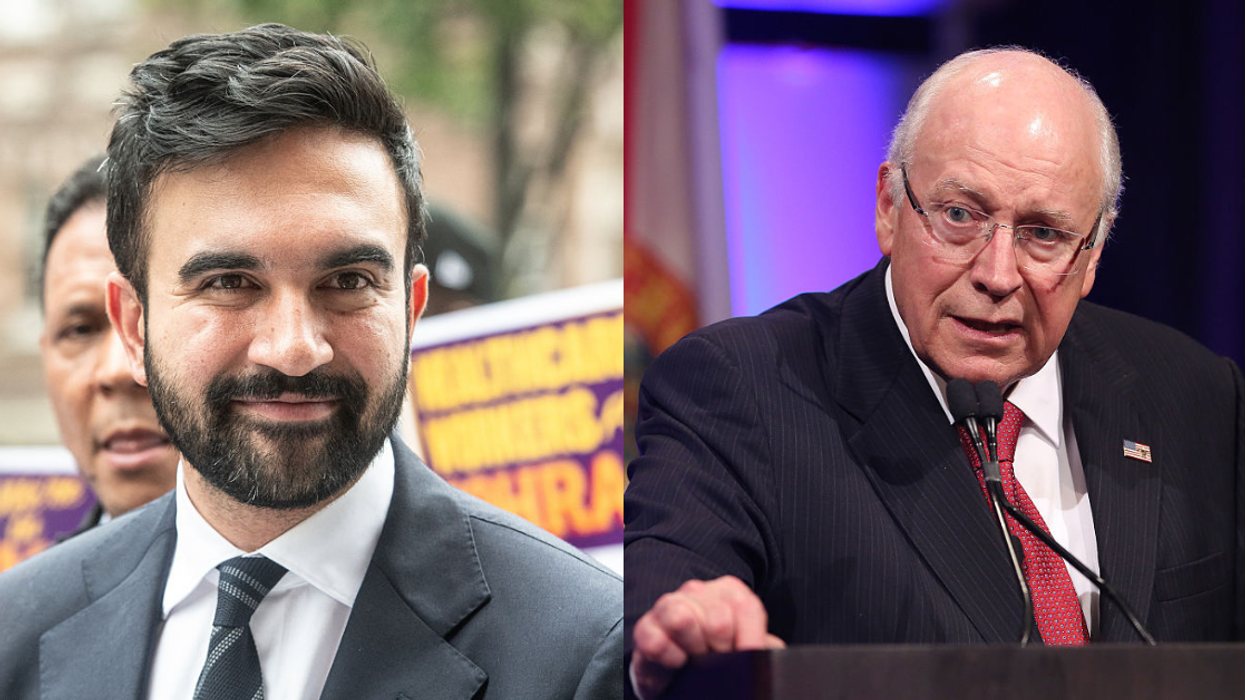



 @realDonaldTrump/Truth Social
@realDonaldTrump/Truth Social @realDonaldTrump/Truth Social
@realDonaldTrump/Truth Social @realDonaldTrump/Truth Social
@realDonaldTrump/Truth Social @realDonaldTrump/Truth Social
@realDonaldTrump/Truth Social


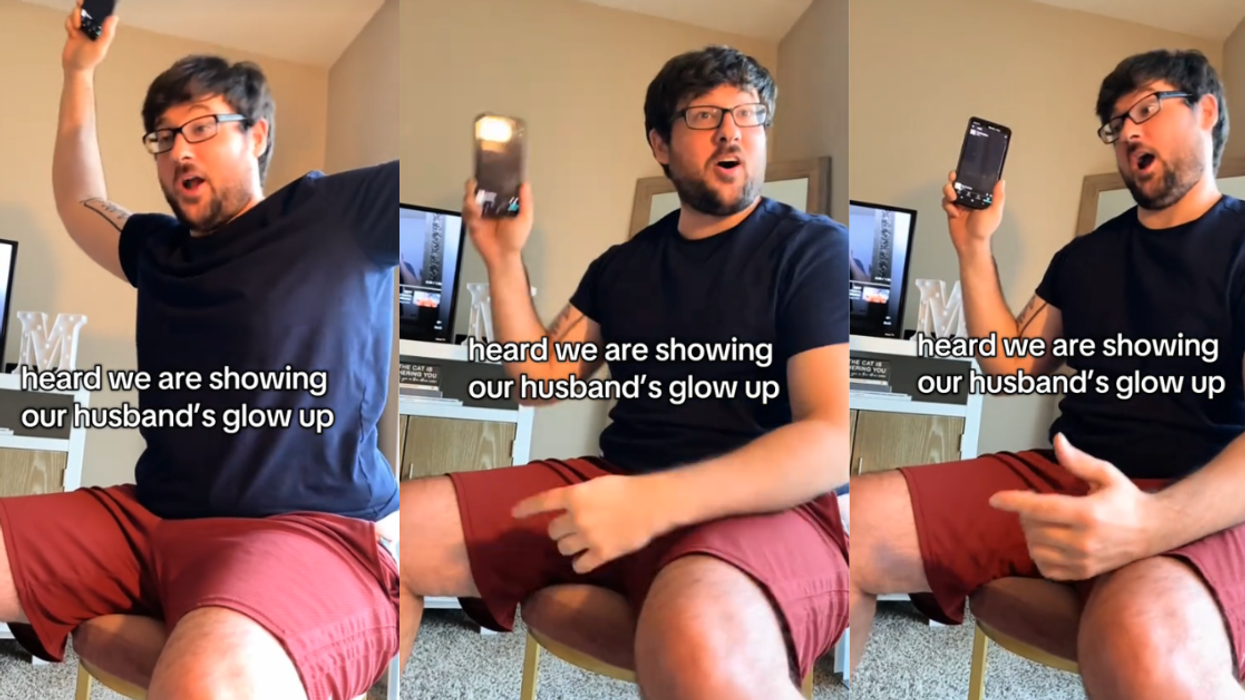


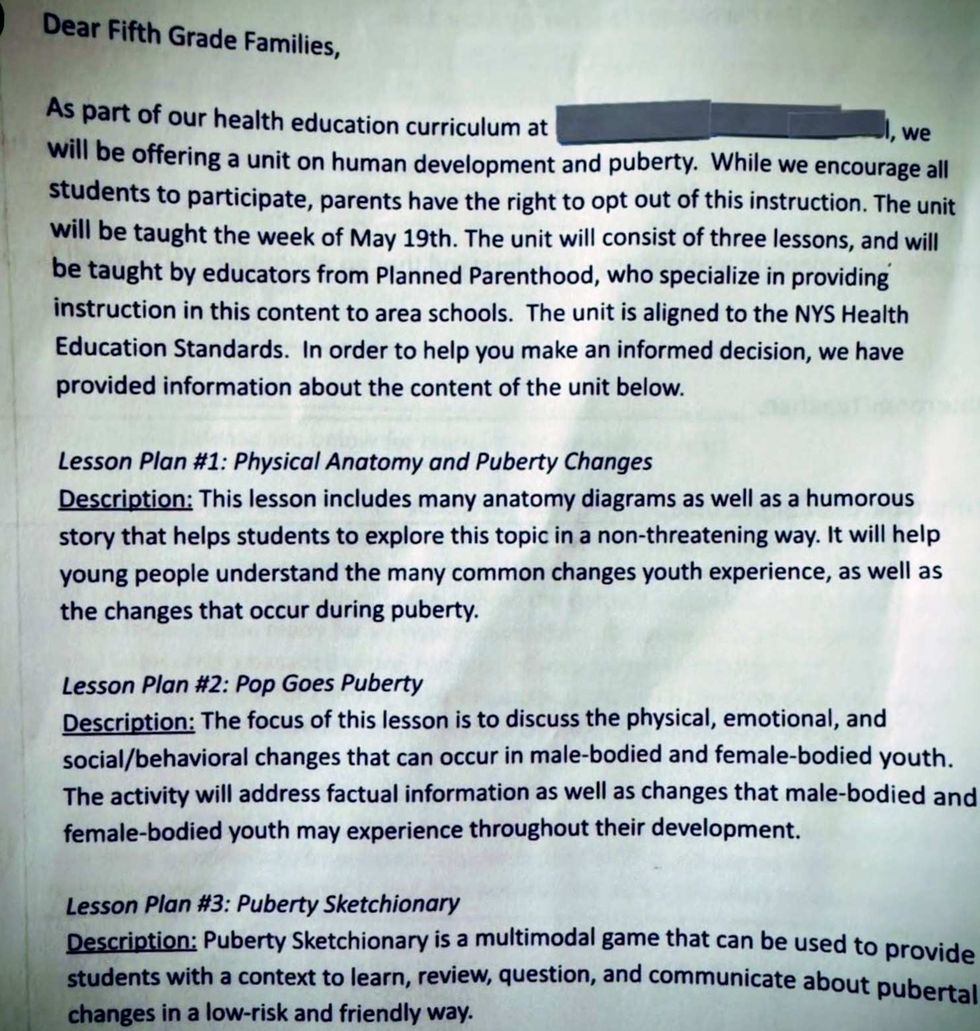 @deltaozzimo/X
@deltaozzimo/X @deltaozzimo/Instagram
@deltaozzimo/Instagram Sh*tposting 101/Facebook
Sh*tposting 101/Facebook @deltaozzimo/X
@deltaozzimo/X Sh*tposting 101/Facebook
Sh*tposting 101/Facebook Sh*tposting 101/Facebook
Sh*tposting 101/Facebook Sh*tposting 101/Facebook
Sh*tposting 101/Facebook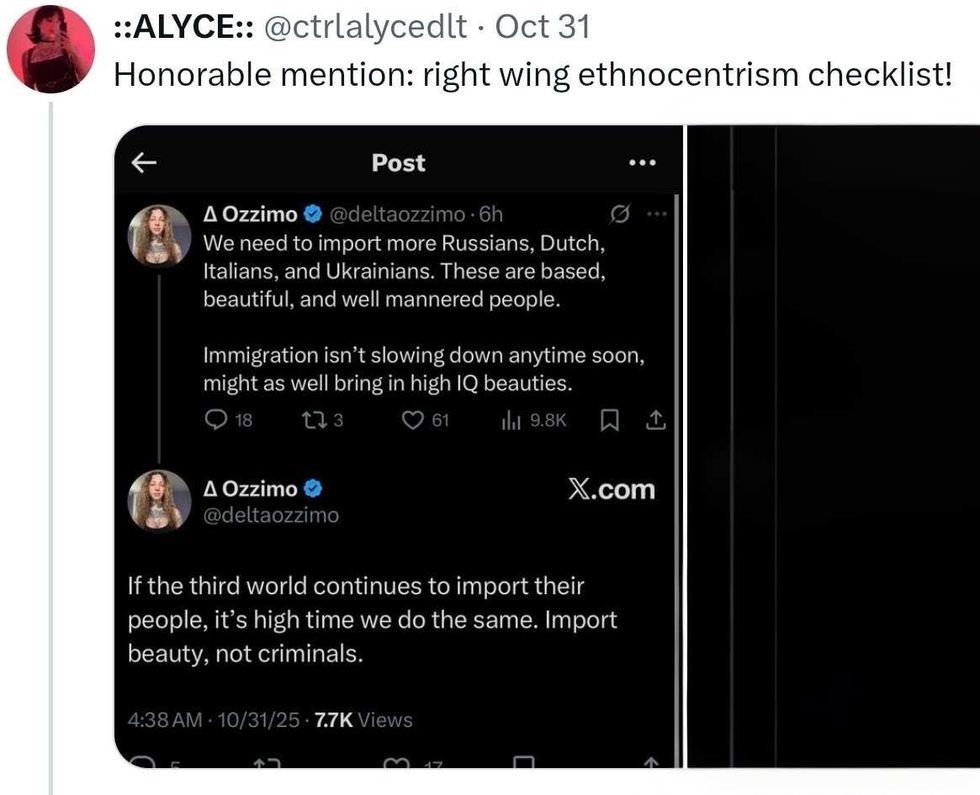 @deltaozzimo/X
@deltaozzimo/X
 @realDonaldTrump/Truth Social
@realDonaldTrump/Truth Social
 @rootednjoyy/TikTok
@rootednjoyy/TikTok @rootednjoyy/TikTok
@rootednjoyy/TikTok @rootednjoyy/TikTok
@rootednjoyy/TikTok @rootednjoyy/TikTok
@rootednjoyy/TikTok @rootednjoyy/TikTok
@rootednjoyy/TikTok @rootednjoyy/TikTok
@rootednjoyy/TikTok @rootednjoyy/TikTok
@rootednjoyy/TikTok @rootednjoyy/TikTok
@rootednjoyy/TikTok @rootednjoyy/TikTok
@rootednjoyy/TikTok @rootednjoyy/TikTok
@rootednjoyy/TikTok @rootednjoyy/TikTok
@rootednjoyy/TikTok @rootednjoyy/TikTok
@rootednjoyy/TikTok @rootednjoyy/TikTok
@rootednjoyy/TikTok @rootednjoyy/TikTok
@rootednjoyy/TikTok
 @rootednjoyy/TikTok
@rootednjoyy/TikTok @rootednjoyy/TikTok
@rootednjoyy/TikTok @rootednjoyy/TikTok
@rootednjoyy/TikTok @rootednjoyy/TikTok
@rootednjoyy/TikTok @rootednjoyy/TikTok
@rootednjoyy/TikTok @rootednjoyy/TikTok
@rootednjoyy/TikTok @rootednjoyy/TikTok
@rootednjoyy/TikTok @rootednjoyy/TikTok
@rootednjoyy/TikTok @rootednjoyy/TikTok
@rootednjoyy/TikTok @rootednjoyy/TikTok
@rootednjoyy/TikTok